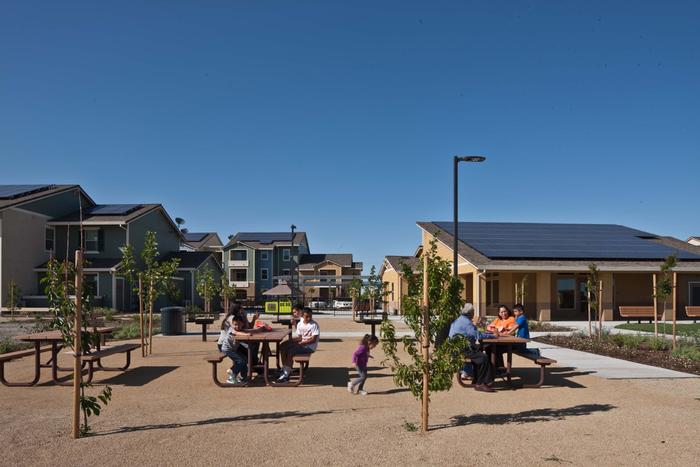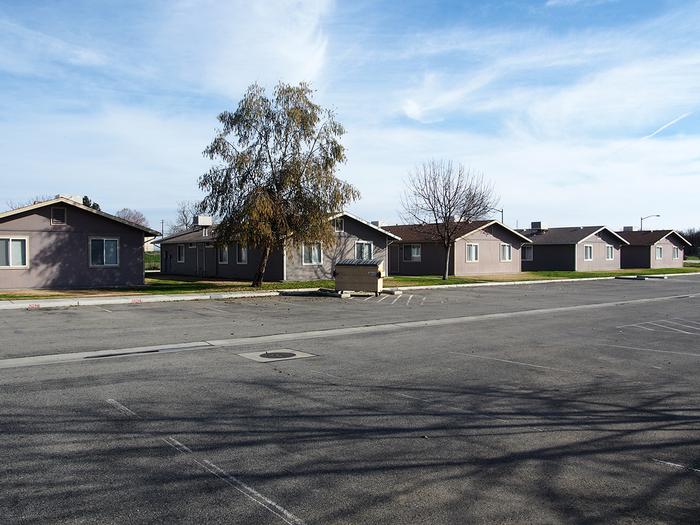Julian Daly and Rebecca Sherouse ProposalWithout a Home - Migrant Farmworkers in CaliforniaAffordability and habitability of farm worker housing in California is a state crisis, suffering from inhumane neglect by policy makers, residents, and California farm owners alike. Research shows that one-third of farm workers live in places not meant for human habitation, and evidence points to statewide overcrowding, with shocking numbers of workers living in structures not considered safe for residential use such as cars, caves, tool sheds, and “a hole they had dug in the ground”.[1] Rural poverty, specifically that of migrant farm workers, has persisted for decades despite federal, state, local, and private efforts to confront the crisis. This essay will work to uncover the fundamental issues pertaining to rural farm worker homelessness in the California Central Valley, and combat them using both policy recommendation and physical architectural propositions based on the improving affordability and habitability of available housing. With the rise of Neo-liberalism under Ronald Reagan in the 1980’s government funding dried up, and today most support for these workers come from nonprofits and community organizations. Next, we will examine the initial causes of rural poverty, and the sets of forces that exacerbate them. One, many are undocumented, denying them government entitlements and instilling a deep reluctance to fight for housing rights. Second, in order to qualify for the limited amount of subsidized housing available, a family's permanent dwelling must be 75 miles away from the harvest dwelling, causing constant uprooting of families from communities and children from school. Third, the migratory nature of farm work does not allow for proper homemaking. Fourth, while migrant workers used to immigrate to the U.S. seasonally, the growing cost and peril of migration for undocumented workers is so great that they must stay for the off season, requiring more housing during times of little income. We plan to contact organizations in both Southern and Northern California that are working to combat farm worker homelessness, and highlight the flaws and successes of these projects. Initial research uncovered the Coachella Valley Housing Coalition (CVHC), which provides temporary housing to migrant farmers (image 1). Although this project does provide housing, in order to obtain limited public funding it is required to enforce the 75-mile rule which complicates and dilutes their intention. In addition, we are interested in Teddy Cruz, an architect known for projects catered to Mexican immigrants and his considering Latino culture when designing immigrant dwellings (Image 2). Finally, we will use our combined experience in architecture and public policy, along with with fluency in Spanish to interview members of the farm worker community, and provide suggestions to both policy makers and current organizations in more effective ways of combating the issue. The idea is not to replace existing efforts, but to present effective suggestions to better combat the issue. Similarly, we believe it is important to explore the community and hopefully find unconventional groups working to fight farm worker homelessness, such as churches, local community centers, or even farmers themselves, to empower a web of advocates to support the cause. Additional Help and InformationAre you in need of assistance? Please email info@berkeleyprize.org. |
|


